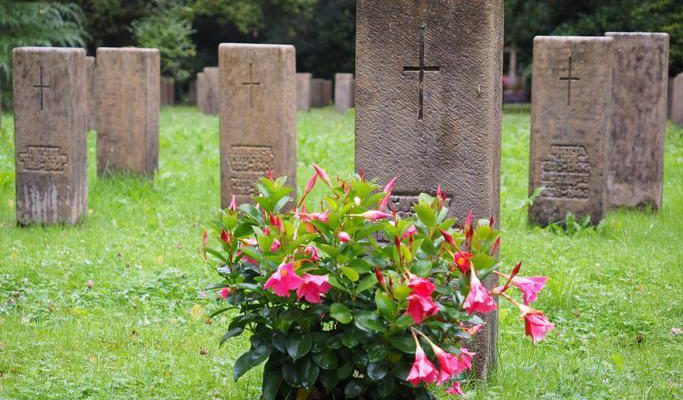The grave awaits us all.
How does our view of death impact how we live life?
Since our years are limited, we would do well to consider what is limitless.
Watch-listen to our two minute video (or read the text below).
Are you prepared for “There and Then?”
Subscribe to “Truth in Two” videos from Comenius (here). Mark is President of The Comenius Institute (website), spends time with Christian young  people in public university (1 minute video), hosts a weekly radio program with diverse groups of guests (1 minute video), interprets culture from a Christian vantage point (1 minute video).
people in public university (1 minute video), hosts a weekly radio program with diverse groups of guests (1 minute video), interprets culture from a Christian vantage point (1 minute video).
Picture Credit: Snappy Goat
FULL TEXT BELOW
History records that King Philip of Macedon, father of Alexander the Great, charged one of his slaves with a unique responsibility. The monarch instructed his vassal to awaken him each morning with these words, “Philip, remember, you must die.”
“Remember you must die” is wise advise. The brevity of life together with the longevity of death gives one cause to pause. Perhaps this idea was on the mind of George Bernard Shaw who famously uttered the line, “The statistics on death are quite impressive: one out of one people die.”
Death teaches us there is limitation to life. But there are also limitations in life. Some would suggest we can be anything we want to be. But limitations of culture, time, or place may dictate that our choices are limited. Some maintain that humans are basically good and can create a perfect world. But history records the basic limitation that all people with the best of intentions are corrupt.
If life is full of limitations then how should we live? If we are limited we should seek a belief which is limitless. The God of the Bible set limitless standards for a limited life when the Psalmist said, “I have seen a limit to all earthly perfection but Your instruction is limitless.”
How does God’s instruction overcome our limitation? God’s goodness to us should be goodness we share with others. If there are benefits to following Heaven’s rules we should seek to enact those benefits on earth. Our ideas of “here and now” should be based on “There and Then.” Knowing our limitations in this life is not so bad when we know God has established limitless principles for life.
Unlike King Philip, no one will be reminding us each day that we will die. But maybe we should remind ourselves.
For Truth in Two, this is Dr. Mark Eckel, President of the Comenius Institute, personally seeking Truth wherever it’s found.



And die King Philip did. Ashes to ashes. Dust to dust.
It is interesting that you posted this. I’ve been thinking about death particularly often lately. I think about death often as it is, but moreso of late…
Do you ever have moments where you fear death, Dr. Eckel? I go back and forth. Sometimes, I am not afraid. Other times, I dread it. What I dread most is the certain inevitability–short of Christ’s return, nothing will stop it from taking me and all who I love and care about. My family. My friends. My teachers. The stranger on the street that I exchange smiles with. The child eagerly bouncing up and down in the candy aisle at the store.
This is why the bodily resurrection of Christ is so important. As we see in 1 Corinthians 15:16-19, if Christ is not raised then we are still in our sins, and when we die, that’s it. We’ve perished. The end. Some take comfort in the idea of ceasing to be. Not I. I have tasted the good things of this world, the good things that God has created. And I have knowledge of the LORD, and a relationship with Him. For them to pass away, and me along with them, is too much for me to bear. I’m not ashamed to admit this.
But Christ was raised, as Paul continues in verse 20. Therefore, we have hope. I have hope. And it is this hope that carries me forward. Hope, through faith. Death doesn’t get to have the final say. God does. God is the master of death, and He showed this when He conquered it.
A solemn reminder, Dr. Eckel.